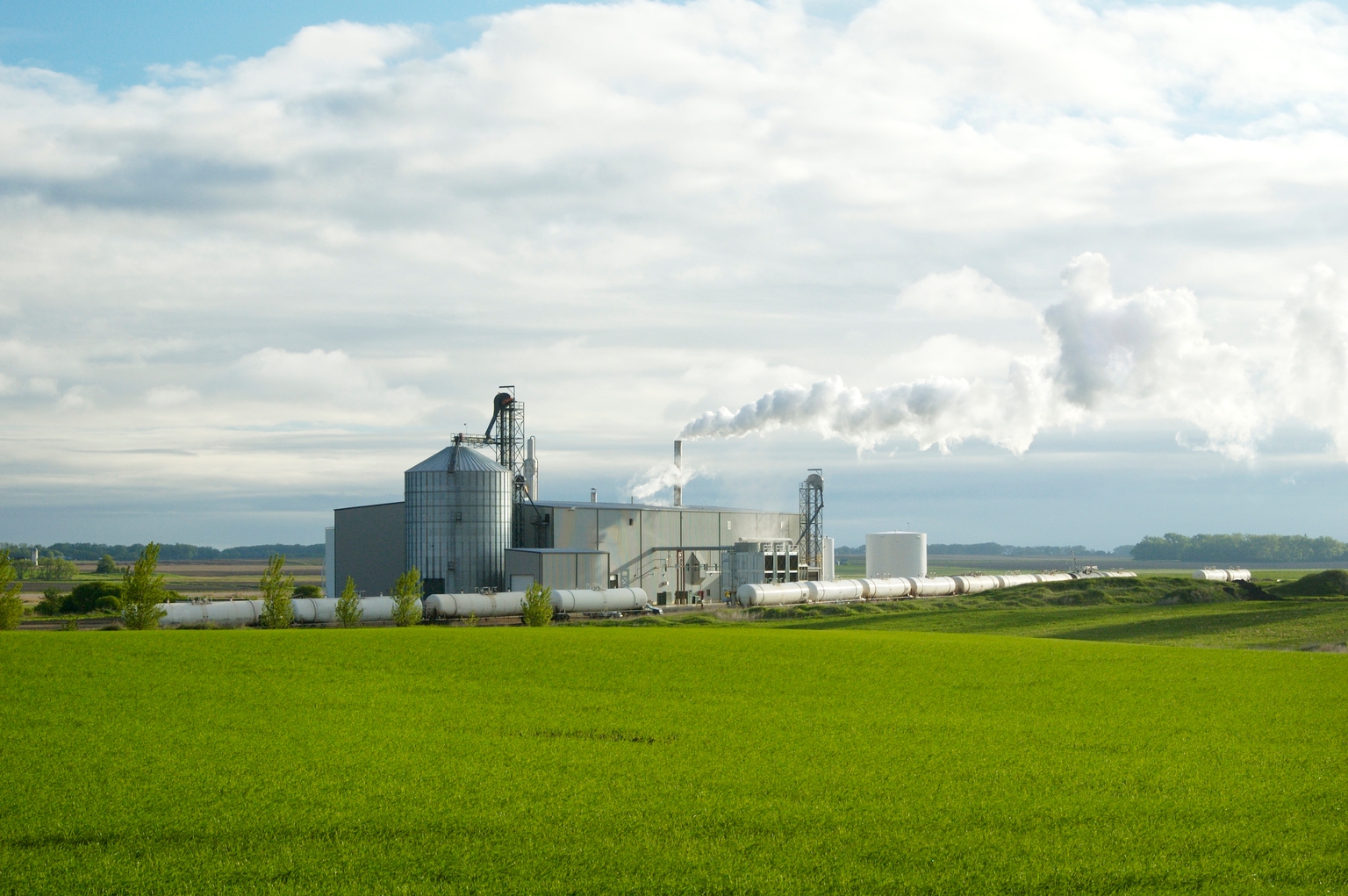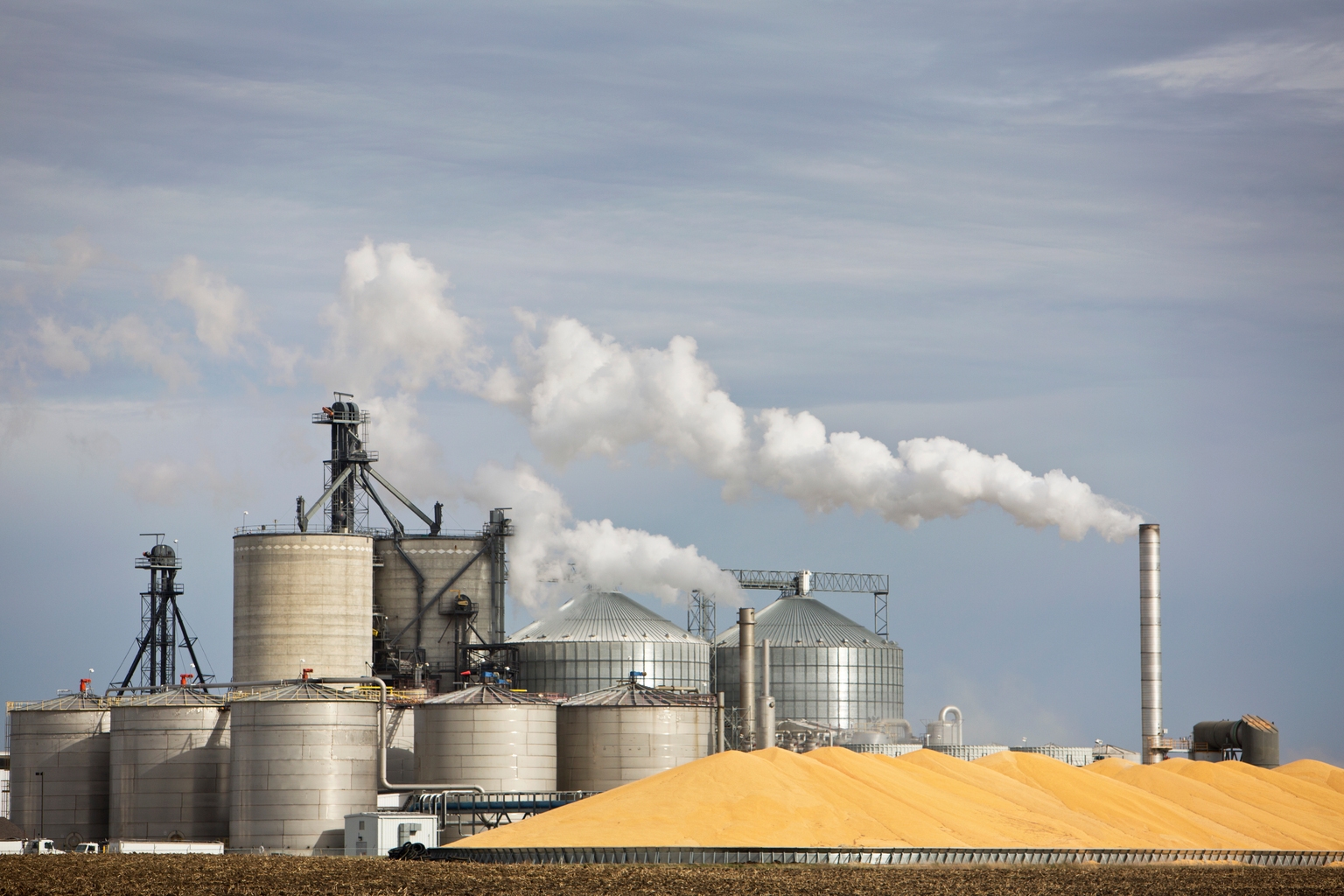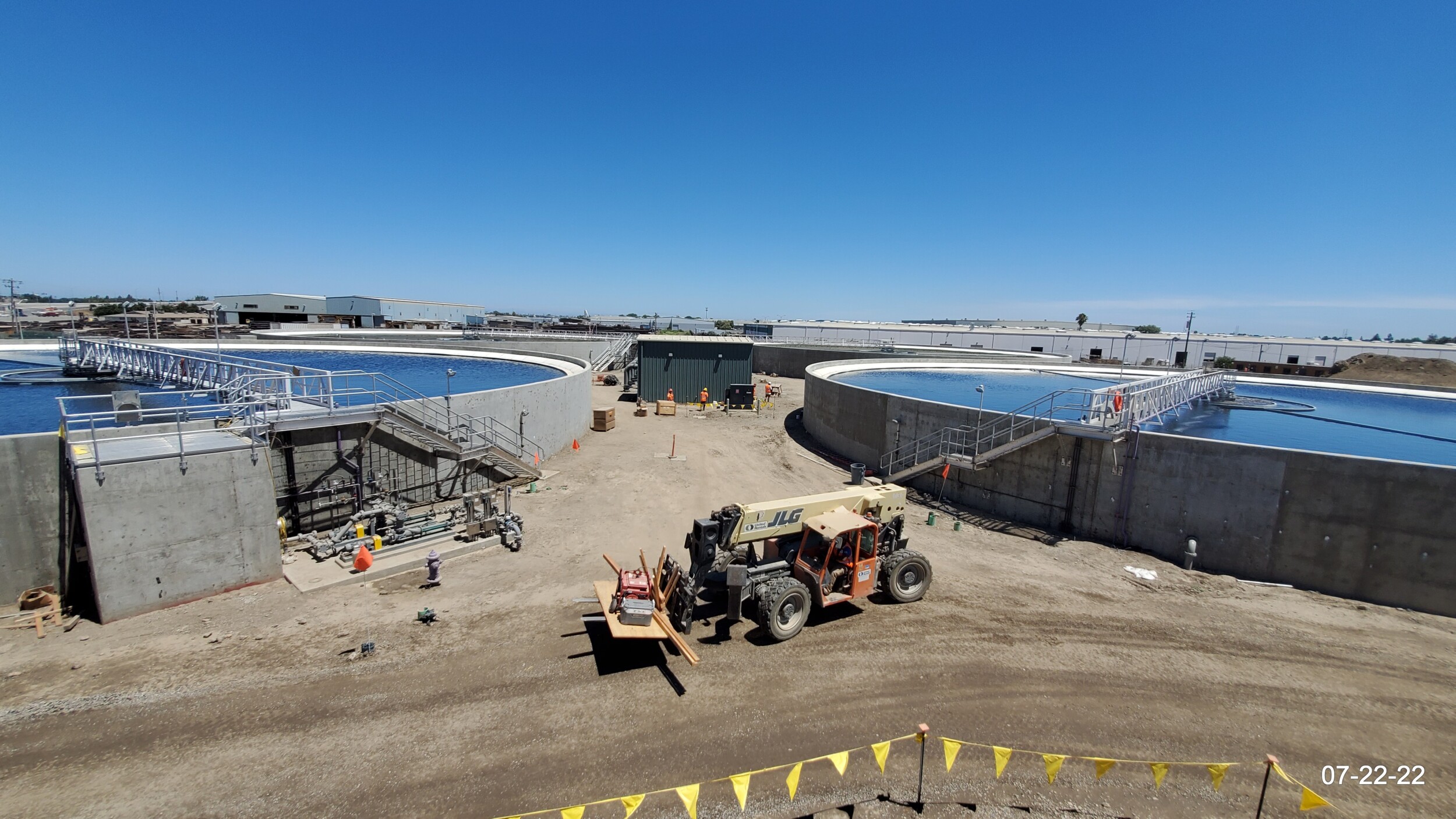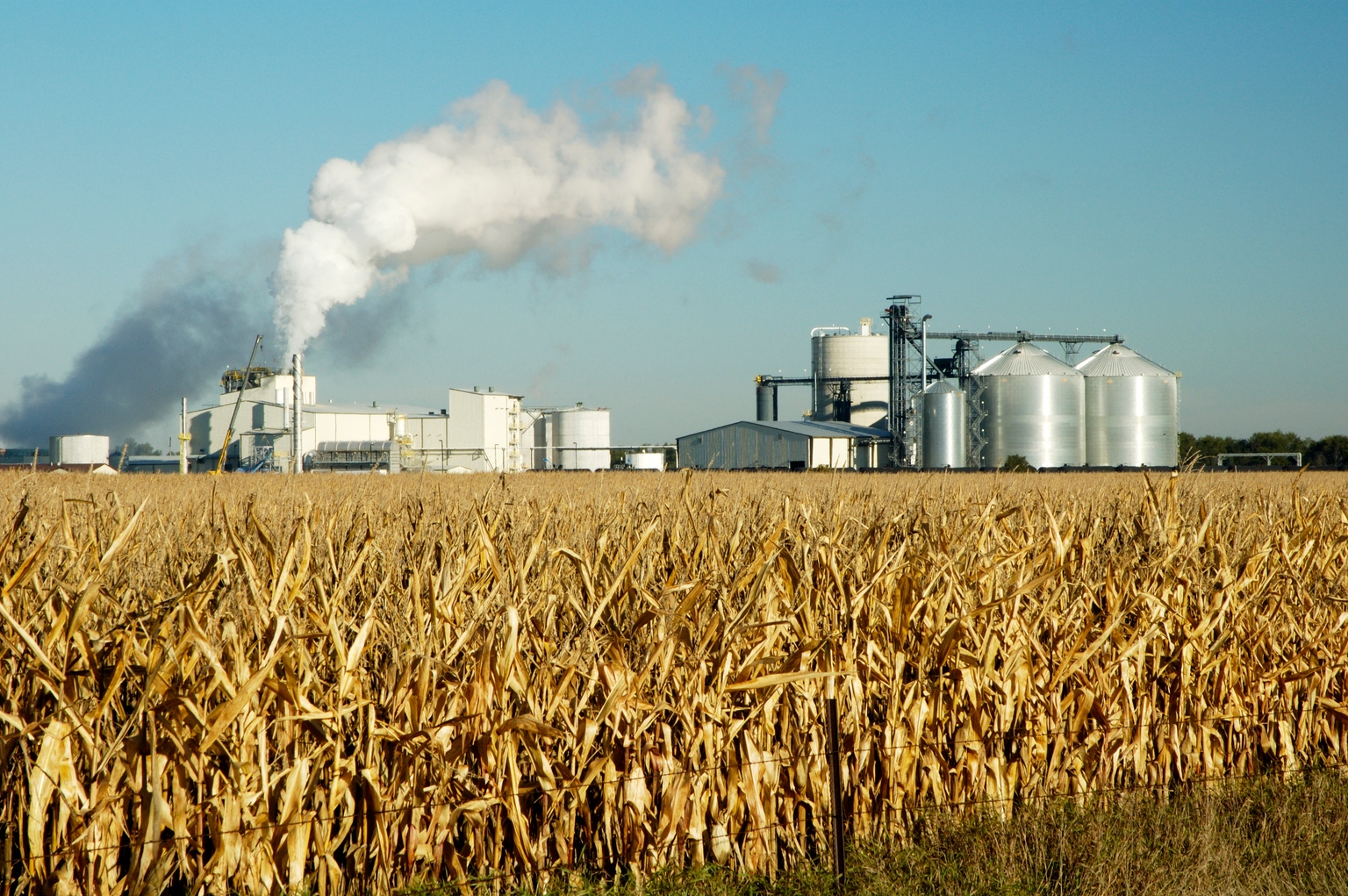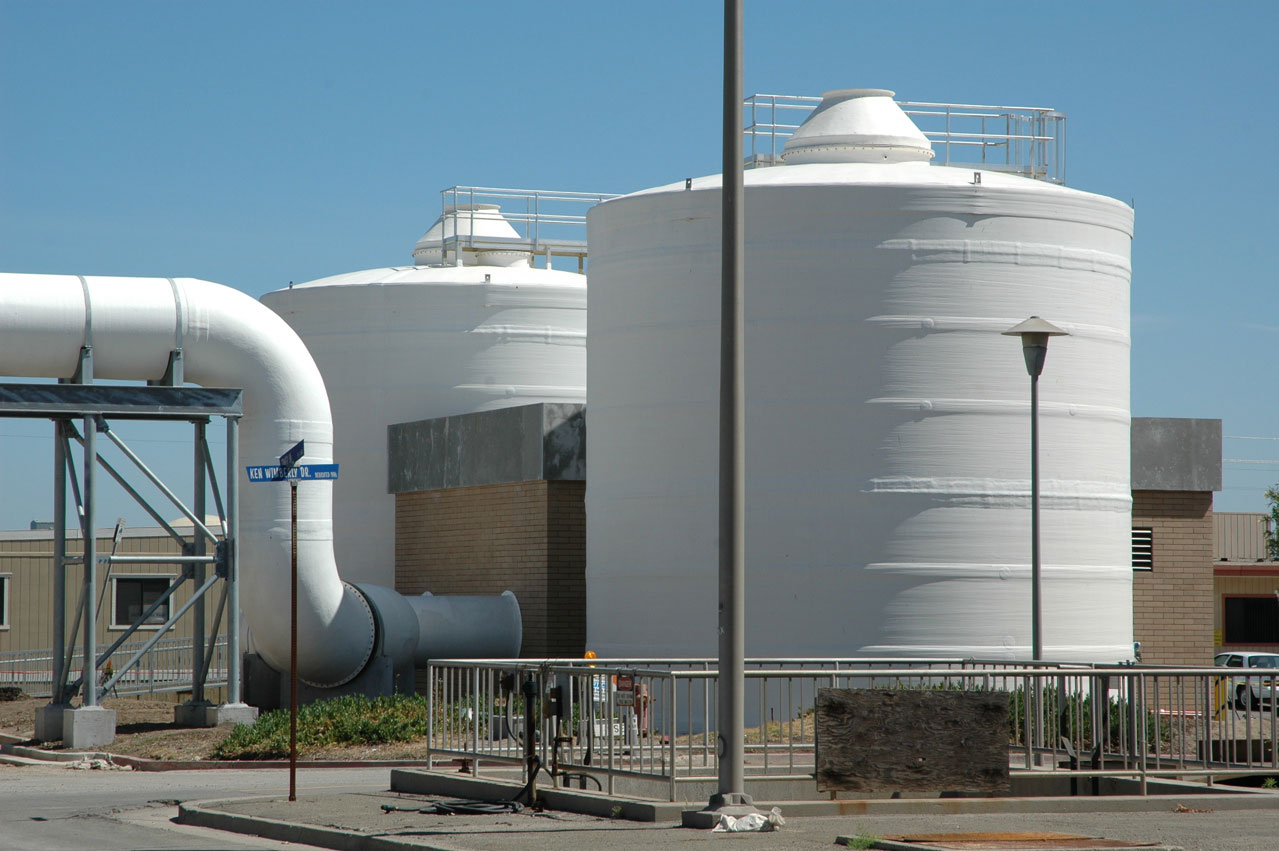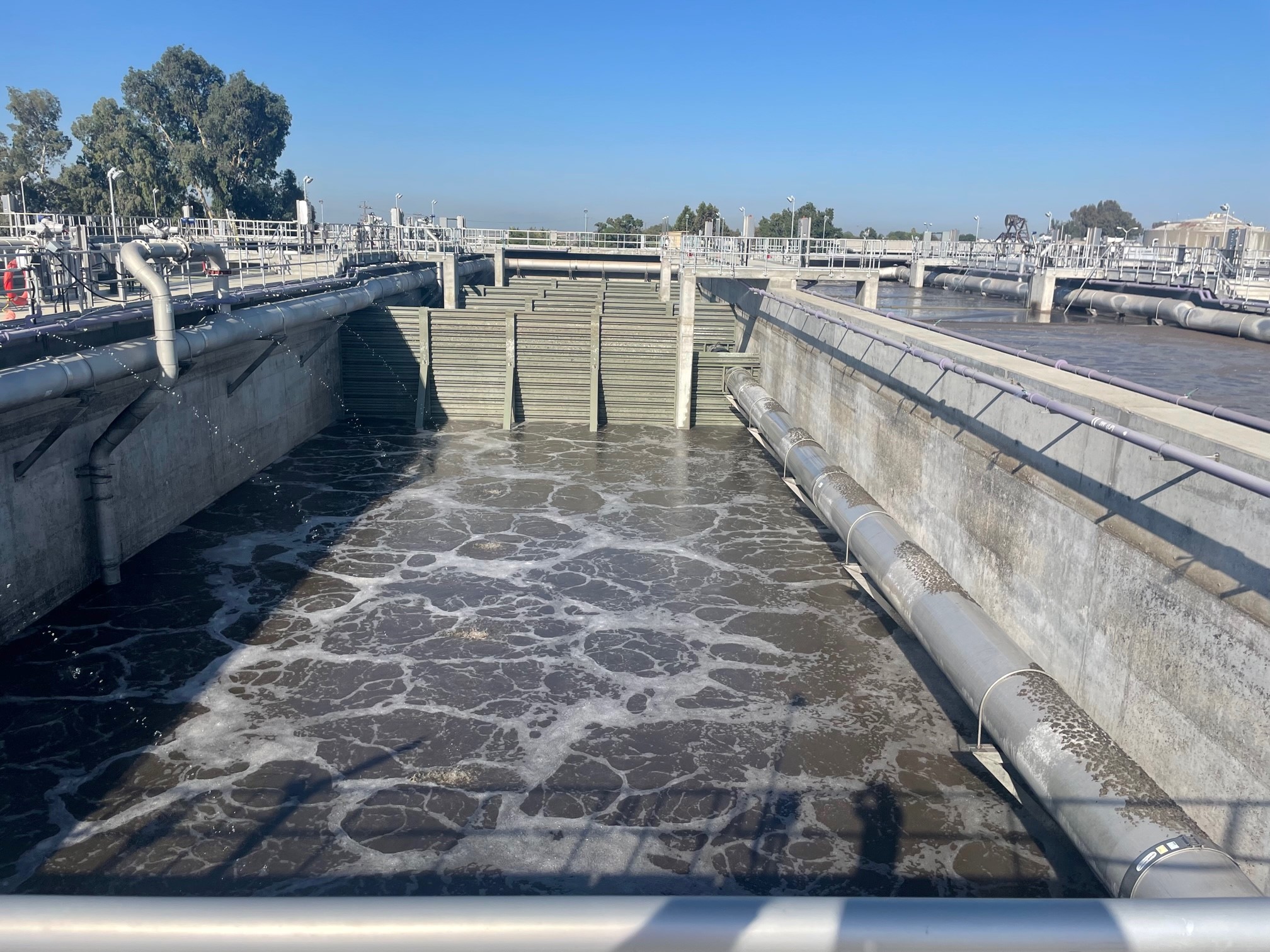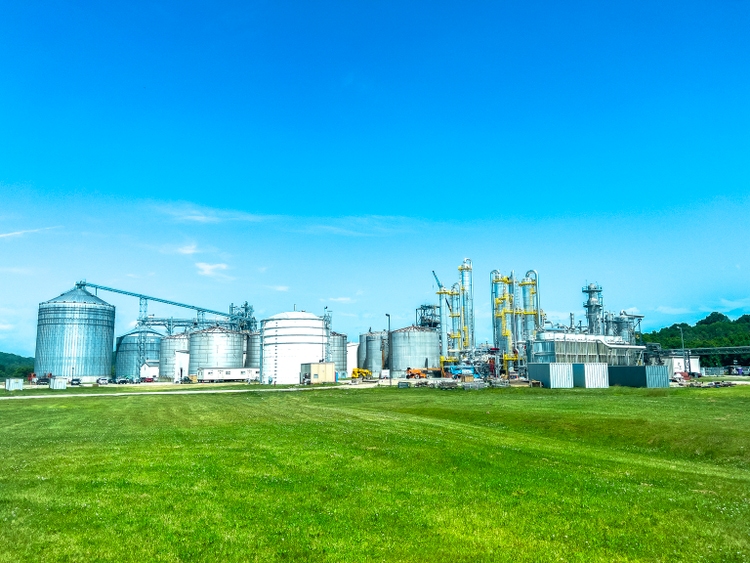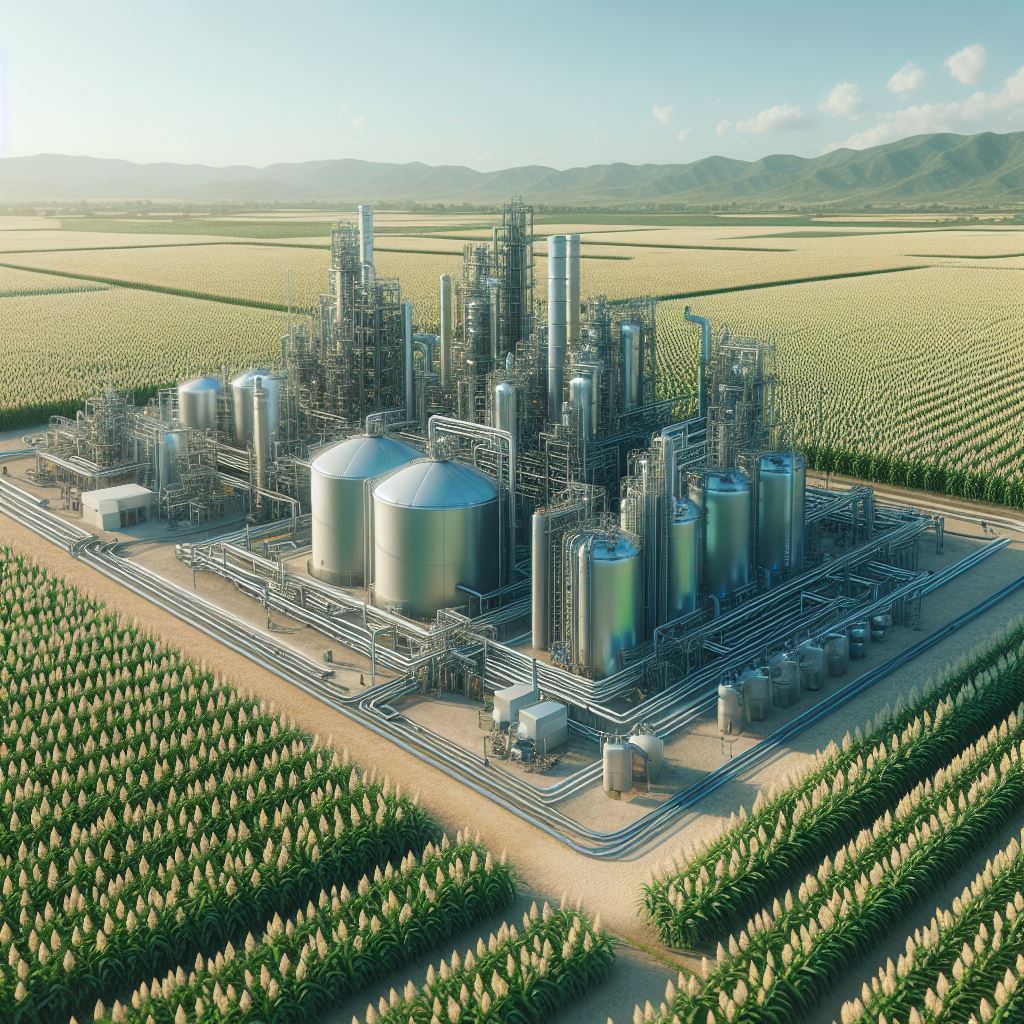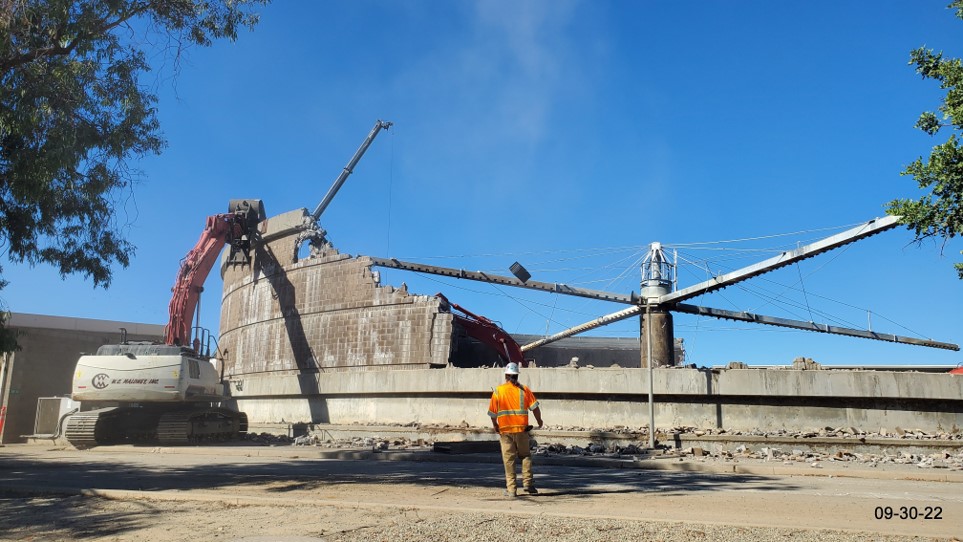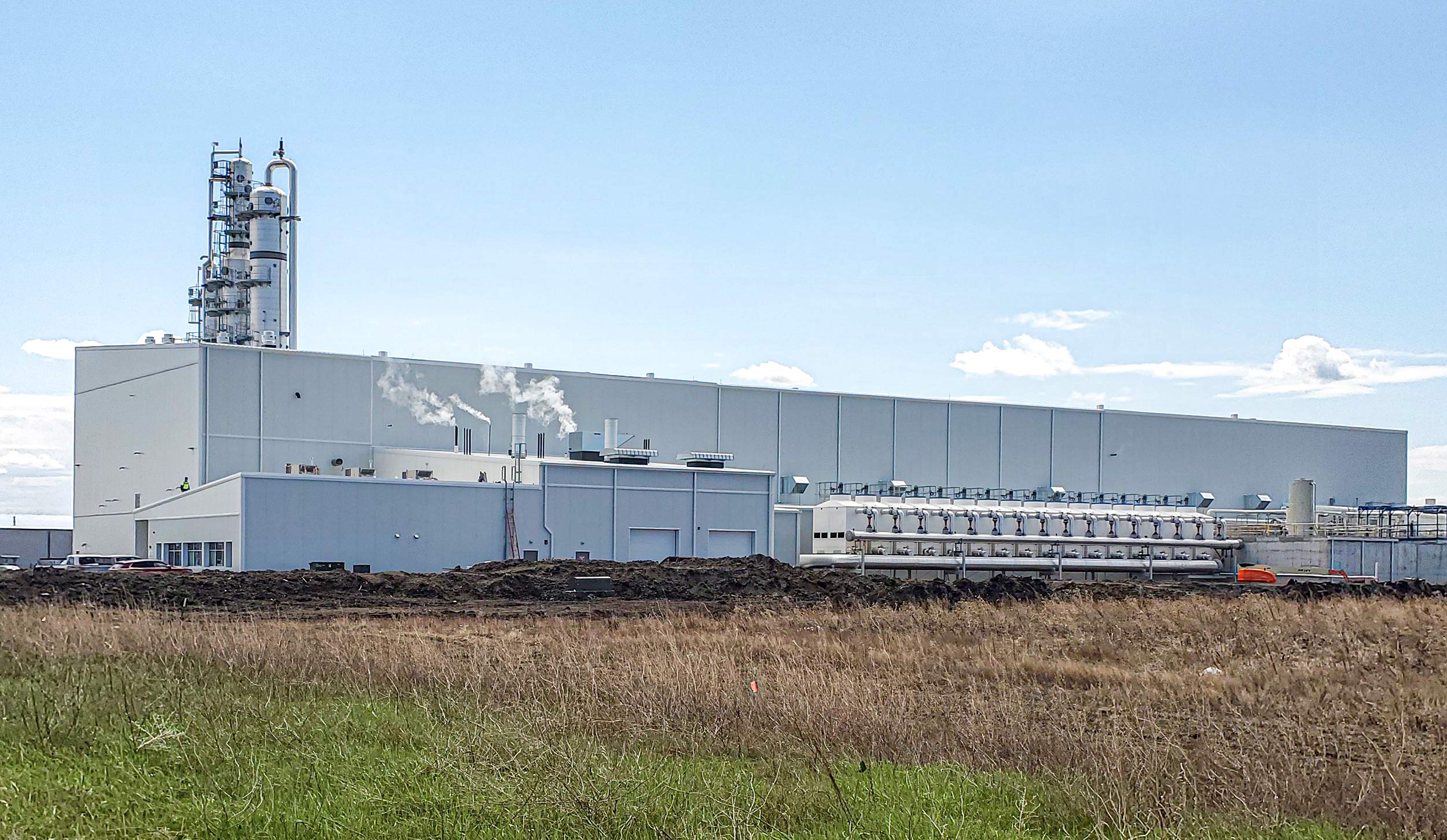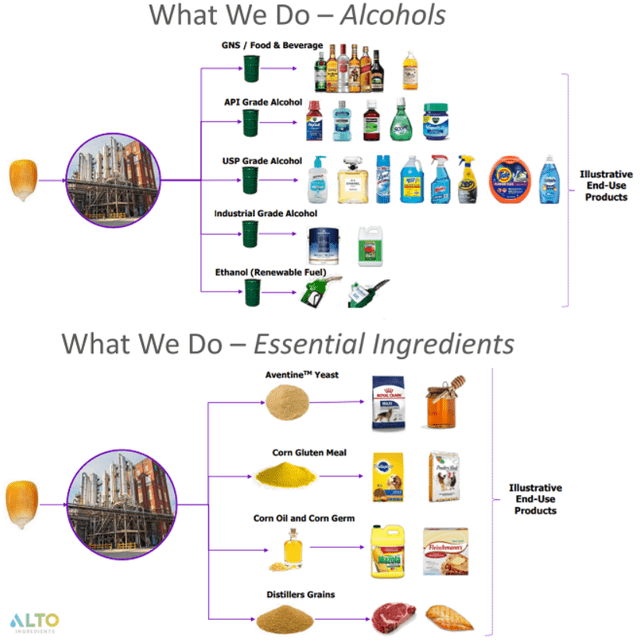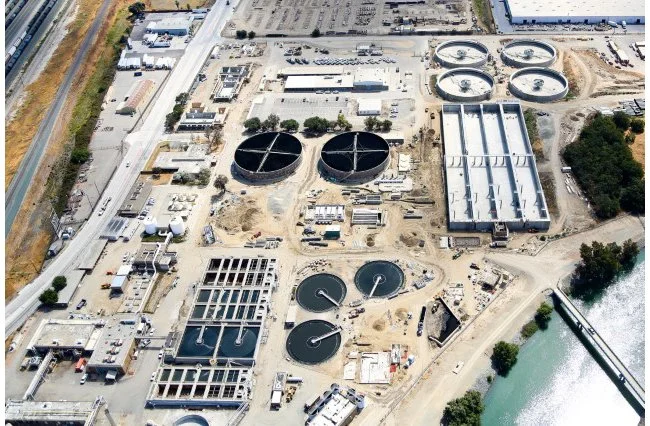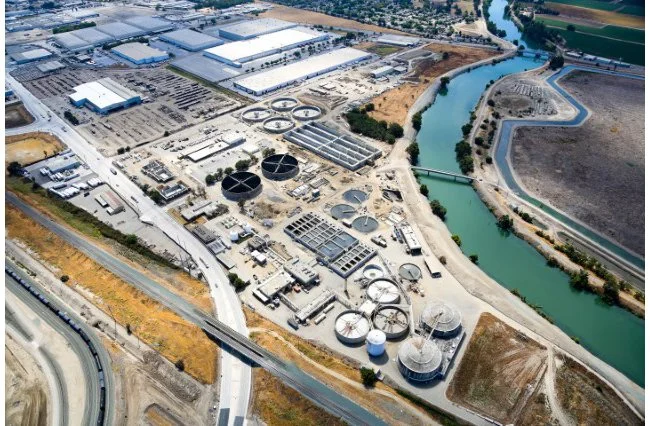Alto Ingredients Bio Refinery Tour Stockton
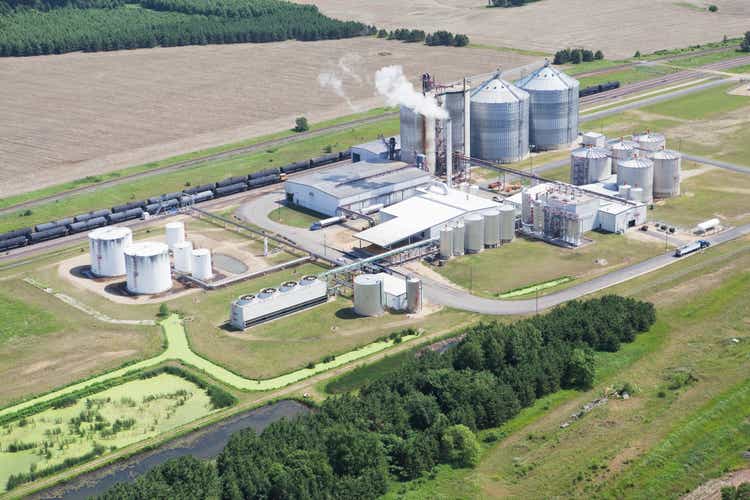
STOCKTON, CA – Alarming levels of air pollution were the primary concern during a heavily monitored public tour of the Alto Ingredients bio-refinery in Stockton this week.
The tour, prompted by growing community concerns and regulatory pressures, aimed to showcase the facility’s operations and address questions surrounding its environmental impact, especially regarding recent spikes in detected pollutants.
The Tour Unveiled
The tour, held on Wednesday, October 25th, involved a controlled group of local residents, environmental advocates, and representatives from the California Air Resources Board (CARB). Alto Ingredients personnel led the group through key areas of the plant, focusing on ethanol production, waste management, and emissions control systems.
Attendees were given access to previously restricted areas, including the fermentation tanks, distillation columns, and the wastewater treatment plant. Emphasis was placed on new technologies implemented to mitigate harmful emissions.
The tour began at 10:00 AM and concluded at approximately 2:00 PM, offering a four-hour glimpse into the complex processes at play within the bio-refinery.
Key Areas of Focus
Discussions centered on volatile organic compounds (VOCs), particulate matter (PM2.5 and PM10), and greenhouse gas emissions. Alto Ingredients highlighted its investments in carbon capture technology and its efforts to reduce reliance on fossil fuels in the production process.
Representatives stated that the recent spikes in detected pollutants were due to unforeseen equipment malfunctions and are being actively addressed. Detailed data on emissions levels was presented and subjected to scrutiny.
The company acknowledged past incidents of non-compliance with air quality regulations and outlined specific measures taken to prevent future occurrences.
Community Concerns Addressed
Residents voiced persistent concerns about respiratory health issues, particularly among children and the elderly. They demanded greater transparency and more frequent monitoring of air quality in the surrounding neighborhoods.
Environmental advocates pressed for independent verification of emissions data and stricter enforcement of environmental regulations. They also questioned the long-term sustainability of ethanol production as a biofuel.
Alto Ingredients pledged to enhance communication with the community and to work collaboratively with regulatory agencies to address ongoing concerns.
Data and Findings
CARB representatives confirmed ongoing monitoring of air quality near the facility, using both stationary and mobile monitoring units. Preliminary data indicates that while some pollutant levels have decreased since the implementation of new technologies, further improvements are needed.
Independent testing conducted by environmental groups revealed inconsistencies between company-reported emissions data and real-time air quality measurements. These discrepancies are currently under investigation.
Alto Ingredients provided data showing a 15% reduction in VOC emissions over the past year. However, critics argue that this reduction is insufficient to meet current air quality standards.
Regulatory Oversight
CARB has issued several notices of violation to Alto Ingredients in recent years for exceeding permitted emission limits. These violations have resulted in fines and mandated corrective actions.
The San Joaquin Valley Air Pollution Control District is actively involved in overseeing the facility’s compliance with air quality regulations. They have increased the frequency of inspections and are working with Alto Ingredients to develop a comprehensive emissions reduction plan.
Failure to comply with air quality regulations could result in further penalties, including the potential suspension of operations.
Next Steps
A follow-up meeting is scheduled for November 15th to discuss the findings of the tour and to review updated emissions data. This meeting will involve representatives from Alto Ingredients, CARB, the San Joaquin Valley Air Pollution Control District, and community stakeholders.
CARB will conduct further independent testing of air quality in the vicinity of the bio-refinery. Results of these tests will be made publically available.
Community members are urged to report any concerns about air quality to the San Joaquin Valley Air Pollution Control District.

